Karate Spoilers- It is not as bad as it sounds. I promise!

Hi, guys- and girls!
It is ironic that I have planned to publish some spoilers about the journey ahead for most karateka while some wise-ass thought it a good idea to publish spoilers about how Dragonball Super was going to end.
Well- a post about THAT will follow after I have watched the controversial episode...
Now, however, I want to get really open and frank about what really goes on in Karate what you are to expect if you have just walked into a dojo for the first time.
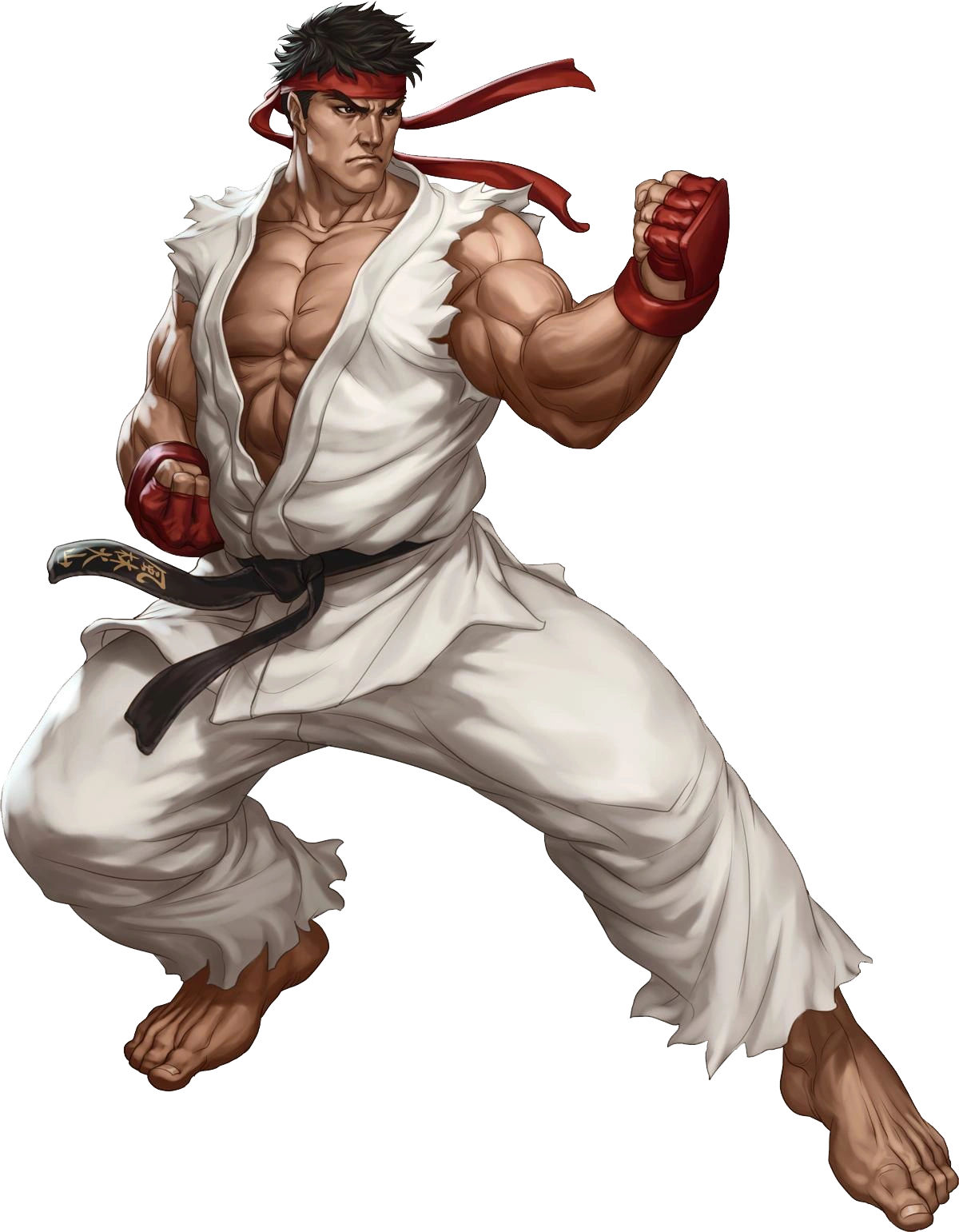
Now WHY would I bother to write this?
Well... because in spite of information being freely available all over the internet nowadays there are a lot of misconceptions about Karate in general.
These misconceptions keep some people from starting and with some who have started it causes disappointment.
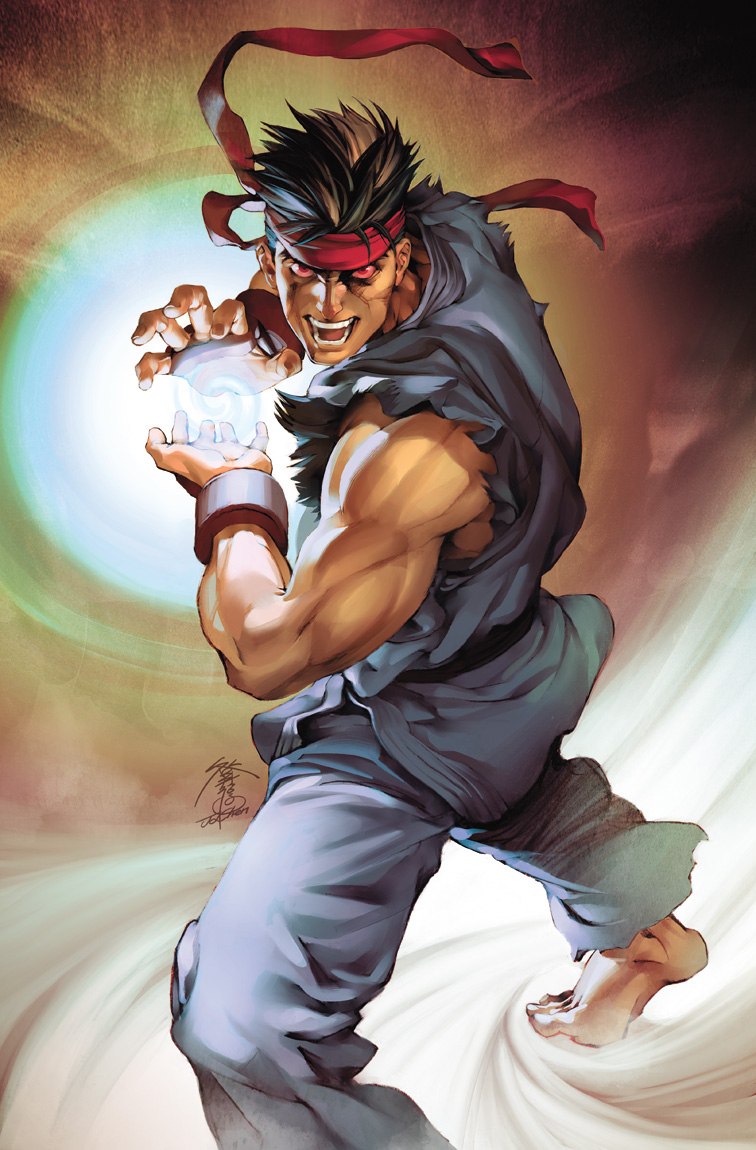
Now- I must say beforehand that I am aware that this is a very generalised post. Things may be done differently in your country, or at your dojo, but the expectations that I outline here are about as universal as it gets- especially here in the West.
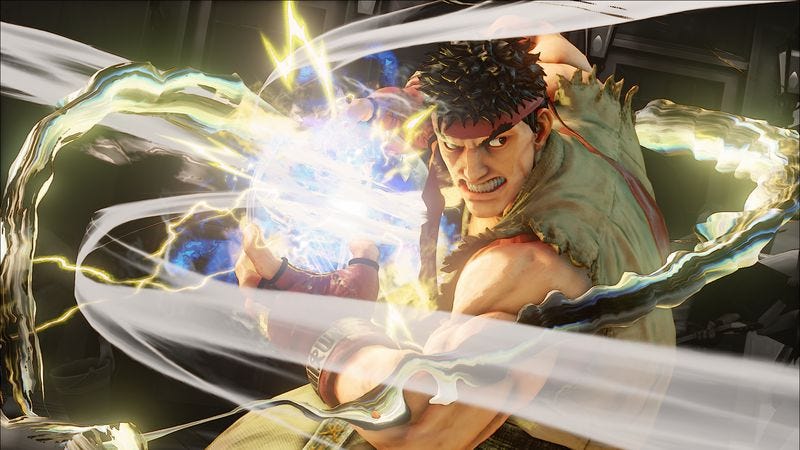
I have picked Karate to write about because it has the most in common with all other forms of martial art that I know and I know that students of Kendo, Kenpo and even Judo will find something here to which they can relate.
Now- before I get into what you can expect to really happen if you stick around at your Karate club long enough- let me first tell you about some of the rumours and stories that were spread in my country:
1. "Karate systematically taints one's soul with violence in order to make him/ her into a servant of Satan".
Sounds really ridiculous, doesn't it? You have to understand, however, that from 1961 until 1994 South Africa had a government that has not only been oppressing the Black population here as you all probably know, but that was also manipulated by a not-so-secret-anymore society of people who had worked towards keeping South Africa's people ignorant and compliant. In those days these people, called the Broederbond, had a huge influence on our churches and back in those days the Church had a lot of power here.
Many of the traditional Afrikaner Churches preached this right from their pulpits. Well- one can understand how anything linked to Asia and Buddhism can't be welcomed by Christianity, but someone came up with this little rumour that spread through our primary and high schools like wildfire:
"White belt means you are still innocent. As your soul becomes more and more tainted with violence and hate the belt's colour grows darker. When it eventually becomes black you are ready to offer your soul to the Devil."
Well- times are more enlightened now, but you still get Afrikaners hissing at anything Asian like a vampire would do at the sight of a crucifix. :D
Just like any good Chinese restaurant would take out the MSG if the customer does not like it many Karate Schools have removed any and all Buddhist or Shinto practices from Karate over here- or rather- they did not even bother to bring it into their schools to begin with- so as to not scare people away from their classes.
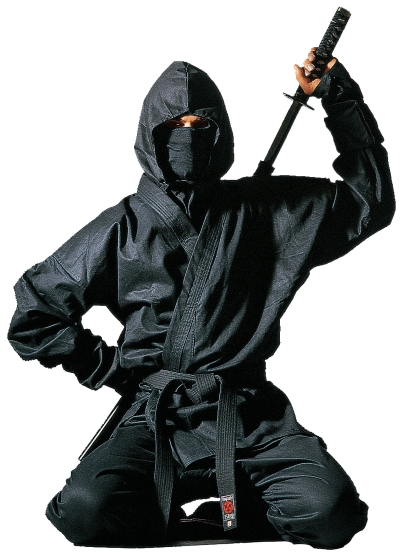
2. "After you have become a Black Belt you start becoming a Ninja!" Okay- this one is not the Broederbond's fault. :D
Still- this was a very popular myth when I was in school and explaining to a bunch of 13 year olds that there is a thing such as Ninjutsu (which now actually seems not to exist...) did not do much to stop the spreading thereof.
Although it is true that some schools of Karate teach Kobudo weaponry and some Freestyle schools teach their version of weaponry that goes beyond just Okinawan Kobujutsu/ Kobudo weaponry- the fact is that the teachings of Ninjutsu encomapssed a wide range of skills and practices that went beyond mere hand to hand combat. No Karate school that I know of has ever bothered to teach that.
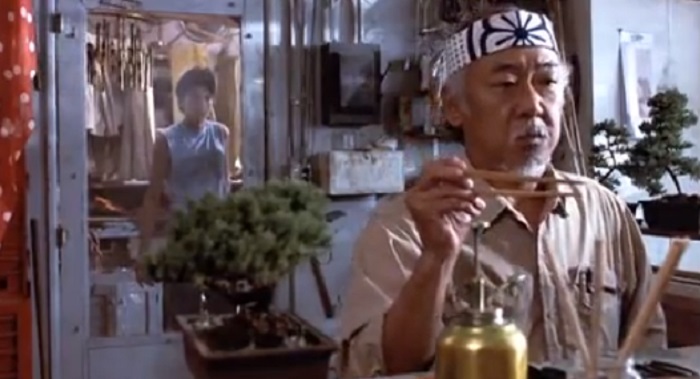
3. "Karate teaches you self control and inner peace"
Eeeeeeeeeeeeeeeeeeeeeeeeeeeeeeehhhhh... This is not really a lie, but it is also not so true either. The thing is- when the Buddhist teachings and Zen got thrown out the door you ended up with your average joe who likes fighting and you find out soon that these guys can get angry and in some cases even beat their wives and kids! Thing is- if you are a tofu eating hippie who thinks that you are going to find kindred spirits at your local Karate school you are in for a huge surprise! Funny thing is- long before the days of the UFC we had dojos run by Senseis who felt like Karate needed to become a lot more credible and during the early 90's we were beating the living crap out of each other.
4. "Karate will give you superior fighting abilities"
Uhmmmmmmmmmm... Maybe... But then again- what a lot of people forget is that the things that determine the outcome of any fight are strength, technique and tactics. Fighters all over, trained or untrained possess at least some of these qualities to a larger extent than others and can as a result be victorious in combat. The sad thing is- the Universe does not give a damn about what style you practice.
Noneteheless- Karate is fun and beneficial. I always recommend it to people who want to get their kids to become stronger, healthier or just become more confident. As a sport- it is safer than Rugby and the amount of fitness and balanced conditioning one gains from practicing it, regardless of style or school, beats what I have seen in spinning classes and gyms.
Okay- the spoilers are about to follow so- if you don't want to see it then just stop reading right here...
1. White belt: Welcome! I think by now you realise you were not to wait outside the Master's house for days and you also did not have to bring the Master a present. :D

Nope. Rather- you have most likely been given some forms to fill out, an indemnity to sign and got told what kind of gi to buy if you did not yet have one.
Life at the dojo pretty much consists of learning and practicing basic blocks, straight punches and- hold on a bit longer- you might soon learn a Taikyoku Kata! :)
Some schools- like my old Shukokai dojo- give older white belts, from ages 13 and up- an early taste of free sparring. The results of that are good in the sense of it not being so much of a surprise later on, because Karate is a fighting art after all, but the bad result is that you develop bad habits that are hard to shake as we rather like to stick to doing the things that save our asses in a fight, although those things aren't necessarily the kind of technique your grading panel wants to see in your basics (kihon) and kata.
The Kata that you have to learn besides Taikyoku differs from school to school. I won't say from style to style as there are even differences between different schools of Shotokan. It can be agreed however that you will invariably learn Heian/ Pinan Shodan.
Life at the dojo pretty much consists of learning and practicing basic blocks, straight punches and- hold on a bit longer- you might soon learn a Taikyoku Kata! :)
Some schools- like my old Shukokai dojo- give older white belts, from ages 13 and up- an early taste of free sparring. The results of that are good in the sense of it not being so much of a surprise later on, because Karate is a fighting art after all, but the bad result is that you develop bad habits that are hard to shake as we rather like to stick to doing the things that save our asses in a fight, although those things aren't necessarily the kind of technique your grading panel wants to see in your basics (kihon) and kata.
The Kata that you have to learn besides Taikyoku differs from school to school. I won't say from style to style as there are even differences between different schools of Shotokan. It can be agreed however that you will invariably learn Heian/ Pinan Shodan.
2. Yellow to Orange: Let's get a move on... This post is going to be a very long one otherwise and I don't have that much time... :D
Okay- you are doing free sparring without really knowing what you are doing. You may even be copying a roundhouse kick from your senior classmates. Your grading syllabus, however, features only a simple set of prearranged sparring sequences called ippon kumite. It may seem silly and a waste of time because you are already being deemed smart enough to do free sparring at tournaments, but the actual fact is that you were actually supposed to master these sequences before you try your hand at free fighting. The Masters, however, reckoned that withholding free sparring from you for that long would result in you getting bored and leaving early, so you get to do free sparring too.
Okay- you are doing free sparring without really knowing what you are doing. You may even be copying a roundhouse kick from your senior classmates. Your grading syllabus, however, features only a simple set of prearranged sparring sequences called ippon kumite. It may seem silly and a waste of time because you are already being deemed smart enough to do free sparring at tournaments, but the actual fact is that you were actually supposed to master these sequences before you try your hand at free fighting. The Masters, however, reckoned that withholding free sparring from you for that long would result in you getting bored and leaving early, so you get to do free sparring too.
As for your kihon- you actually learn to kick too! At this stage you ought to know mae geri. Mawashi geri might also get learnt.
As for your kata- You should at least know Heian/ Pinan Nidan by now...
What I would hope you pick up at this stage is proper stance. Thing is- you can fool yourself into thinking you are doing good karate just because you win a fight or two, but the foundation of karate's effectiveness lies in its technique and the stance is the cornerstone of that technique.
I have seen many people progress to the next level with poor stances and that really does more harm than good. I will deal with this in another post, though... Now- lets get on to the next level.
I have seen many people progress to the next level with poor stances and that really does more harm than good. I will deal with this in another post, though... Now- lets get on to the next level.
3. Green to purple: By now you are most likely aware that things are tougher in the road up ahead. You attend senior classes now. Free fighting is a lot more intense and by now you know Heian/ Pinan Yondan.
Yoko geri has been added to your inventory- perhaps couple of other kicks as well as you are no longer a novice at competing...
Yoko geri has been added to your inventory- perhaps couple of other kicks as well as you are no longer a novice at competing...
You find that your teacher is a bit tougher on you and that mistakes are not really tolerated with you anymore. By now you should know how to do things correctly. Mistakes happen, of course, but you realise how far you have come by noticing the abilities that you have gained. Hopefully this motivates you to push on...
4. Brown to 1st Dan: By now you know every kick, punch, strike and block to compete in a tournament. You may notice that there aren't any weight classes in your division now. In the Kata division you show up doing really advanced Kata now -no longer just any of the Heian/ Pinan Katas.
You also have an extra class to attend on Saturdays.
At this stage nobody should have to tell you how to stand or move properly or how to perform any technique.
You now know enough techniques with which to fight effectively. Whether you are physically and mentally capable of handling yourself in a fight remains to be seen...
By now you have taken a lot of hits. Your fitness levels get pushed to their limits and the dojo is most likely not such a friendly environment to you anymore. Many decide that they have had enough at this stage and quit. Realise, however, that the dojo in which you find yourself exists because of somebody who pushed on beyond this point.
In some schools your 1st Kyu (last brown belt) level is the last level where jiyuu ippon kumite (semi-free sparring) is the highest kumite requirement for grading. In Shukokai we already did one on one free sparring for our blue belt gradings. In Shotokan, however, free sparring becomes a requirement. This type of free sparring is also not the point sparring of competitions, but the dojo kumite about which I have written earlier. It is actually full contact, but the bouts aren't as long as MMA fights. In many cases one such bout is enough, but it has become a trend at Shodan gradings nowadays to have candidates fight multiple bouts.
By now you have taken a lot of hits. Your fitness levels get pushed to their limits and the dojo is most likely not such a friendly environment to you anymore. Many decide that they have had enough at this stage and quit. Realise, however, that the dojo in which you find yourself exists because of somebody who pushed on beyond this point.
In some schools your 1st Kyu (last brown belt) level is the last level where jiyuu ippon kumite (semi-free sparring) is the highest kumite requirement for grading. In Shukokai we already did one on one free sparring for our blue belt gradings. In Shotokan, however, free sparring becomes a requirement. This type of free sparring is also not the point sparring of competitions, but the dojo kumite about which I have written earlier. It is actually full contact, but the bouts aren't as long as MMA fights. In many cases one such bout is enough, but it has become a trend at Shodan gradings nowadays to have candidates fight multiple bouts.
New Shodan students then get introduced to the Black Belt initiation. Sure- if you pass your Shodan grade you receive your certificate, but it is customary for the right to put on your kuro obi only after you have fought every black belt in class- either at the place and on the day of your grading or the day of your next class- before you are allowed to put on your black belt.
5. Second Dan and upwards: These gradings are a lot further away than the ones before, of which you probably had two in a year.
Old Shotokan has 26 Katas in their syllabus. You probably know most of them by now, but I have not yet met anyone who knows all of these katas. No- wait! My old JKA Sensei knows them all...
The weekly classes are actually a breeze now. It is the black belt class on Saturdays that challenges you.
At this point your school expects you to start giving back. You referee at tournaments, you help teach classes. Some open schools of their own. An interesting trend at 3rd Dan Gradings and probably upwards is that candidates are also required to write and submit a thesis on a topic of their choice, that of course relates to what they have learnt from their Karate training.

Gradings become more challenging. In some schools more complicated kihon sequences get added. In all you can be assured of one or more advanced katas to learn and perform successfully.
You have that thesis to write.
As for free sparring- you can be assured that multiple bouts of dojo kumite will get fought. Some schools now decide to test your ability to defend against multiple opponents attacking you at once.
(A Shukokai school in Polokwane, South Africa did that with its Shodan gradings. I have not seen that with Shotokan yet, but am certain that it lies waiting on the road ahead eventually...)
Now- interesting thing to note- In most Western countries your highest Dan level to be reached is somewhere around 8th Dan or so...
The Chief Instructor always holds the highest Dan grade.
5. Second Dan and upwards: These gradings are a lot further away than the ones before, of which you probably had two in a year.
Old Shotokan has 26 Katas in their syllabus. You probably know most of them by now, but I have not yet met anyone who knows all of these katas. No- wait! My old JKA Sensei knows them all...
The weekly classes are actually a breeze now. It is the black belt class on Saturdays that challenges you.
At this point your school expects you to start giving back. You referee at tournaments, you help teach classes. Some open schools of their own. An interesting trend at 3rd Dan Gradings and probably upwards is that candidates are also required to write and submit a thesis on a topic of their choice, that of course relates to what they have learnt from their Karate training.

Gradings become more challenging. In some schools more complicated kihon sequences get added. In all you can be assured of one or more advanced katas to learn and perform successfully.
You have that thesis to write.
As for free sparring- you can be assured that multiple bouts of dojo kumite will get fought. Some schools now decide to test your ability to defend against multiple opponents attacking you at once.
(A Shukokai school in Polokwane, South Africa did that with its Shodan gradings. I have not seen that with Shotokan yet, but am certain that it lies waiting on the road ahead eventually...)
Now- interesting thing to note- In most Western countries your highest Dan level to be reached is somewhere around 8th Dan or so...
The Chief Instructor always holds the highest Dan grade.
So- let's suppose you have stuck with it until the very top of the ladder- all the way up to let's say- Tenth Dan- which is held by your Chief Instructor...
What happens then?
Well- he/ she (I do not know of any female chief instructors yet, but let's keep an open mind) automatically promotes him/ herself to 11th Dan! :D
No! I am serious!
At this point, I must say, however, that it is said to be a very lonely and scary place- at least for those who felt comfortable in the security of having a teacher above you at all times to guide you.
What happens now...?
Well- if you ever get there- let me know.
You'd expect that here from 6th Dan on you'd find teachers pondering the meaning of really Zen questions like "What is the ultimate aim of Karate?" or something like that. Well- with all due respect- in reality it is often much more mundane questions like "Who is going to the Nationals this weekend?" or " Where do we find a place to train when this place's lease expires?"
:D
What happens then?
Well- he/ she (I do not know of any female chief instructors yet, but let's keep an open mind) automatically promotes him/ herself to 11th Dan! :D
No! I am serious!
At this point, I must say, however, that it is said to be a very lonely and scary place- at least for those who felt comfortable in the security of having a teacher above you at all times to guide you.
What happens now...?
Well- if you ever get there- let me know.
You'd expect that here from 6th Dan on you'd find teachers pondering the meaning of really Zen questions like "What is the ultimate aim of Karate?" or something like that. Well- with all due respect- in reality it is often much more mundane questions like "Who is going to the Nationals this weekend?" or " Where do we find a place to train when this place's lease expires?"
:D
Nonetheless. Any teacher will tell you- and they will be very right is saying so- that how rewarding your training is going to be is ultimately up to you.
This is it for now. Next post is...
No! Not about the ending of Dragonball Super!
It is going to be about some of the really cool stuff in Karate that does not get taught so much anymore and how self-study and training outside the dojo helps in learning them.
Until then- train hard and have fun! :)





Comments
Post a Comment